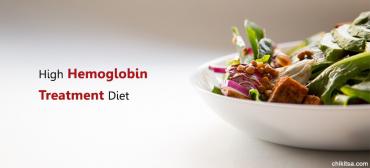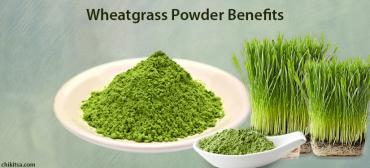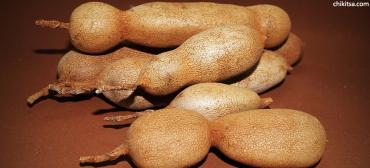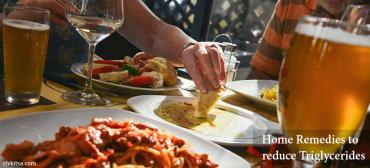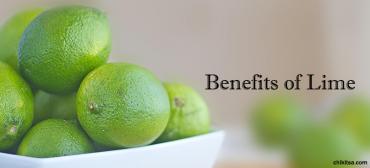Foods You Should And Shouldn't Eat If You Have COVID

COVID!! COVID!! The whole world has been running around one thing in common over the past one and a half years. It’s the most severe pandemic that the globe has experienced over the past many years. This pandemic has affected the lifestyle as well as our food eating habits. In this article let us see foods you should and shouldn't eat if you have Covid as COVID recovery is linked with immunity which in turn depends on the food we eat. The stronger the immunity power, the stronger would be the resistance against COVID. Immunity depends majorly on what we eat and how our lifestyle is.
Nutrition and being hydrated play a very vital role in this pandemic situation. Healthier are those maintaining a very well-balanced diet plan and are highly immune to diseases and are at a lower risk of chronic diseases too. So, maintaining a healthy eating habit would serve the best. Before understanding the food consumption let us know a little about what COVID infection is, symptoms of COVID, and then proceed to the food section.
What Is A Covid Infection?
COVID-19 stands for CoronaVirus Disease - 2019, a disease caused by the recently discovered coronavirus. This disease is as mild as flu to as severe as leading to death. It depends on how strong is your immune system, how strong is the patients’ mental strength and how early is the COVID impact detected and how early is the treatment started.
Aged people and those with medical problems are at higher risk of getting sick with COVID. The easiest and the best way to avoid the transmission of the disease is to wear a mask and maintain social distance while going out of your house. COVID mainly spreads via saliva droplets and nose discharge from the infected person.
Symptoms Of Covid
Coronavirus symptoms vary from individual to individual. Most of the infected ones show mild to moderate sickness and recover after medication. Only in a few cases, COVID leads to death. Not identifying the symptoms and delay in medication is one of the reasons for death in a few cases. Whatever are the symptoms, either severe or less common or more common, be sure to seek medical attention asap. It usually takes around a week for the symptoms to show up after being infected with the virus.
These symptoms can be categorized into 3 different types;
Most usual symptoms;
- Dry cough
- Tiredness
- Fever
Less usual symptoms;
- Sore throat
- Bodily pains
- Diarrhea
- Headache
- Loss of taste and or smell
- Inflammation or conjunctivitis
- Skin rash
- Loss of color of fingers or toes
Severe or serious symptoms;
- Breathing difficulty or breathing shortness
- Pressure or pain in the chest
- Loss of speech ability
Foods To Eat With Covid
As per the understanding and information gathered, the food we are supposed to consume if you have COVID depends on your symptoms observed, severity of the disease, what you would like to eat and other circumstances, etc. So ultimately based on various guidelines from WHO, NHS, MoHFW, etc., the food is taken by COVID impacted people should include nutritious food with calorie-dense, protein-rich, fruits and veggies, immune-boosting, etc. which means:
- Highly hydrated
- Include plenty of liquids that can be anything like water, juices, seltzer, electrolyte drinks, honey in tea, etc.
- Nutritious and high-calorie food
- Consume fresh food
- Prefer only unprocessed food
- Foods to avoid with Covid
- A balanced diet always helps that includes vegetables, nuts, animal source foods, legumes, grains, etc.
- Minimum of 400 grams of fruits each day.
Foods To Avoid With Covid
While practicing healthy nutritious food as suggested earlier, it is of equal importance to avoid foods that are not supportive to COVID patients. Here are few such suggestions listed to be practiced for improving the conditions of a COVID infected patient.
- Avoid pre-packed food.
- Avoid long back cooked food and include freshly cooked food.
- Avoid heavy meals.
- Avoid any kind of unhygienic practices especially in the kitchen while preparing food.
- Avoid skipping meals or taking long gaps between each meal.
- Avoid hard food as it is observed that it is difficult to swallow such food and instead include mashed and soft food.
- Avoid fat-rich foods.
- Alcohol is highly suggested to be avoided.
Maintaining a healthy and hygienic lifestyle while following the guidelines from your medical practitioner and keeping an eye on the foods you should and shouldn’t eat if you have COVID will save you from severities.




